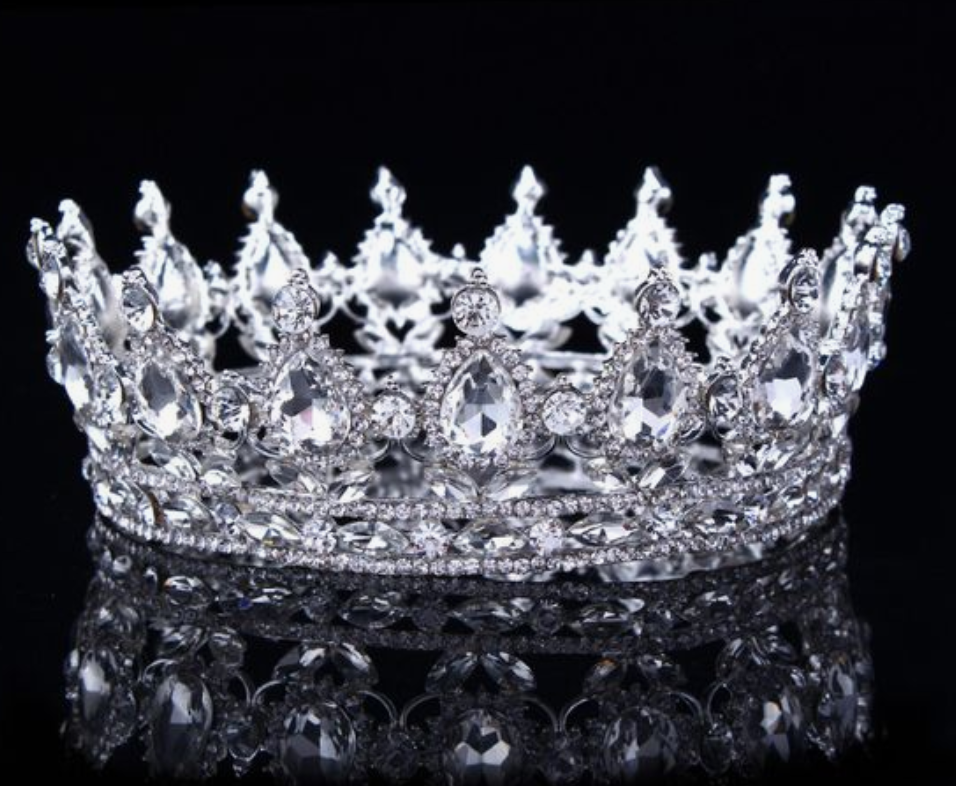Though one wouldn’t automatically think “England” when considering the countries that have been most adept at just saying no to sexism, the birth of Prince William and Kate Middleton’s third child, a boy, on April 23rd has at last put the U.K. at the forefront of, at least in terms of politics, eschewing the expected and requisite male chauvinism that goes hand in hand with European government (and, as we’ve all seen, U.S. government as well).
The reason? For the first time in history, the birth of a male heir does not automatically mean that his sister is expected to fall back in the line of placement for who shall eventually be slated to take the throne. Thanks to the Succession to the Crown Act of 2013, it is no longer the case that simply because a baby with a penis is born, he will be given the luxury and assumed privilege of usurping his older female sibling. Princess Charlotte will, thus, sustain her spot in the queue as fourth in line behind the never gonna get it Prince Charles, Prince William and Prince George to ascend to the throne.
Before the birth of Prince George in 2011, however, the sexist practice of male heirs literally dethroning their sisters was a tale as old as the monarchy itself. Case in point, the grande dame of the royal family herself, Queen Elizabeth, gave birth to Princes Andrew and Edward after Princess Anne, effectively thwarting her place in the line for ascension despite her rightful claim to it before them as their elder.
Luckily for female royal babies throughout the land (particularly Princess Charlotte), the legislation for the Succession to the Crown Act was put into motion around the time Middleton was pregnant with her first son. Though the act states in its introduction very simply, “An Act to make succession to the Crown not depend on gender; to make provision about Royal Marriages; and for connected purposes,” it is a single sentence that changes everything. With especial regard to how women have so long been viewed as secondary to men, perhaps most markedly when it comes to the delegation of power. For nothing is scarier to a man than a woman with absolute authority. She already possesses so much of it in an undercutting manner that to give it to her in an official capacity is almost too much for the male gender to bear, let alone freely accept with the passage of a law so grand in its implications as the aforementioned. But, by and by, just like some of the rest of the world, even England’s oldest guard institution–the monarchy–is coming around to pussy power. Indeed, it was only through a series of what many male subjects would call unfortunate events that Elizabeth II ended up ascending to the throne in the first place, herself originally third in line.
However, as we all know, Queen Elizabeth is never going to die so none of this really matters anyway, but it’s a nice symbol of the slow and gradual eradication of global sexism via laws that probably should have been implemented centuries ago.






















